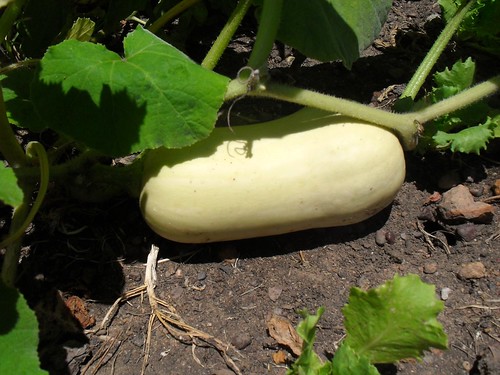One of the most sensible ways to improve your diet is through organic garden. It does require some effort, however, require a great deal of effort to grow. Knowing this might make you ponder where you should start when planning an organic garden can be a little confusing.
Plant strawberries for your children in the organic garden. Children will be much more willing to eat other foods you’ve planted as well.
Try to put an aspirin water for fighting plant diseases. Dissolve 1 aspirin per 2 gallons of water) in a bucket and administer to your plants. You simply have to spray the solution on your plants to assist them fight of disease. Try to apply the mixture to the plants at least once in each three weeks.
After seeds have sprouted, heat lamps are not needed. Watch the seeds so you can know how to go about this.
Have plastic bags on hand that you can put over dirty gardening shoes.
Coffee Grounds
Coffee grounds are a great addition to your soil. Coffee grounds have a lot of essential nutrients that plants need.
Do you want to know how to kill weeds without the use of harmful chemicals? Take layers of newspapers and layer them for controlling weeds. Weeds can’t grow without light. The newspaper will kill the weeds won’t be able to grow. Newspapers break down into compost nicely.You can add mulch layer right on top for aesthetic reasons.
When you are growing seedlings in your organic garden, try ruffling seedlings using your hands or cardboard one or two times daily. While it might sound strange, it has been reported that this can encourage plant growth.
While organic gardening costs more and requires more effort, the rewards are worth it. While chemical companies may make astounding claims about their products, the organic method is far healthier for you and everyone you share your food with.
Adjust your watering to the season and current climate.For example, if your climate is humid and warm, avoid getting any water on the leaves because this will cause leaf fungus.
Organic gardening is not rocket science, but it does some require some forethought and planning. Research and information will help you get started. It also holds true, that if you want to see results, you need to keep putting effort into it. If you keep all these suggestions in mind, you have taken the right steps towards becoming a successful organic gardener.

